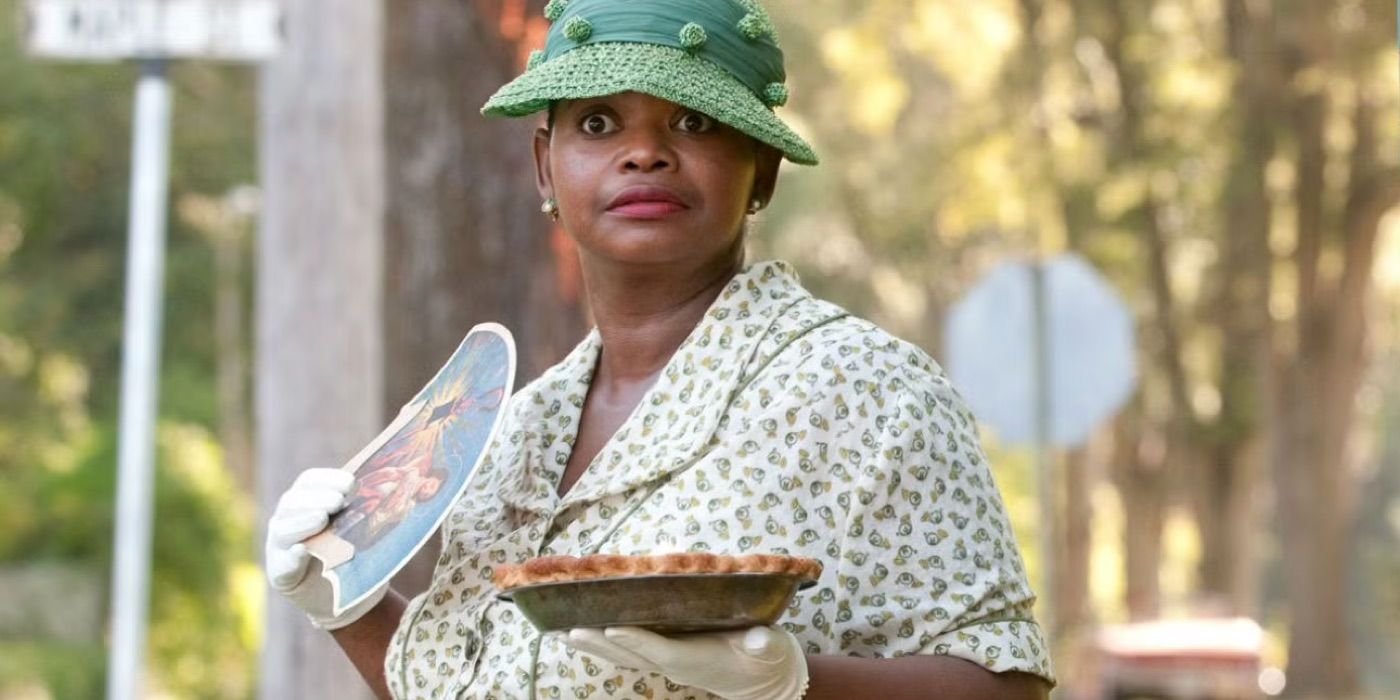To celebrate this new knowledge about my daughter I offered to take her to the Kenny Rogers 2017 Farewell Tour in Nashville where a gallery of country stars were slated to perform to honor him. Among them were the McCrary Sisters, a black gospel quartet, whose very presence on the program left me feeling more reassured. But I got cold feet. Would two African-American women be accepted at a country music show? Surely in this day and age we can go anywhere and do anything with anybody. Right!? But I wasn’t sure. We ended up not going, ostensibly because of logistics.
But I thought about it and asked myself whether I was tiptoeing around the question of race in America? I pondered the issue again in 2020 when watching (here) Black Country singer Mickey Guyton sing her song “Black Like Me.” The question lingered.
<span id=”selection-marker-1″ class=”redactor-selection-marker”><<span id=”selection-marker-1″ class=”redactor-selection-marker”></span>/span>
Now we learn that the incident Beyonce alluded to about not feeling welcomed took place in 2016, one year before I wrote that article. Beyoncé made a foray into country music with her song, “Daddy Lessons,” from her Lemonade album. That song had been submitted to the Grammys but was apparently rejected to compete in the Country category. Beyoncé later performed the song with “The Chicks” (formerly “The Dixie Chicks”) at the Country Music Awards that year.
Earlier this year when Beyoncé released “Texas Hold ‘Em” and “16 Carriages” during the Super Bowl, controversy ensued when the Country station KYKC refused a listener’s request to play the songs since they were by Beyoncé. Claims of racism followed. But the radio station’s defense was that they rejected the request only because they hadn’t realized that Beyoncé had moved into the Country genre. The situation was resolved when the station’s management reversed their decision. The single “Texas Hold ‘Em” went on to make Beyoncé the first Black woman to top the Country music charts.
You can view the original article HERE.






























:quality(85):upscale()/2024/10/23/805/n/1922564/3c7878ba67193e463ea470.81388103_.png)